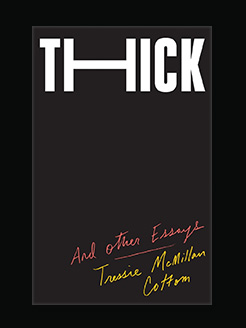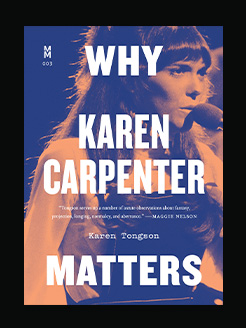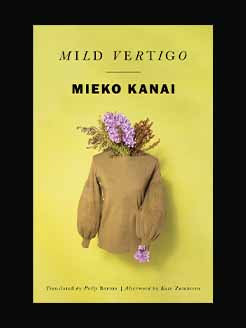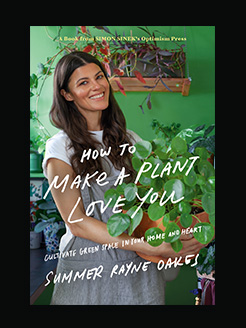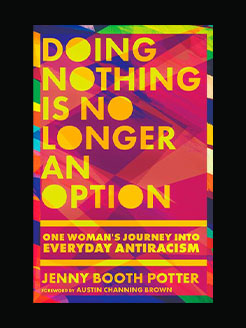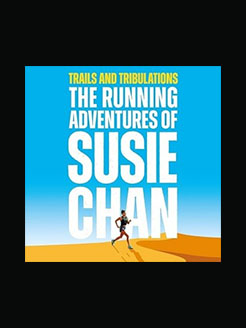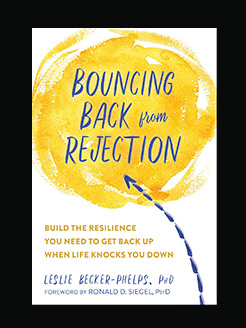Published in 1978
136 pages
Audre Lorde was a revolutionary Black feminist. Lorde’s poetry was published very regularly during the 1960s — in Langston Hughes’ 1962 New Negro Poets, USA; in several foreign anthologies; and in black literary magazines. During this time, she was politically active in civil rights, anti-war, and feminist movements. Her first volume of poetry, The First Cities (1968), was published by the Poet’s Press and edited by Diane di Prima, a former classmate and friend from Hunter College High School. Dudley Randall, a poet and critic, asserted in his review of the book that Lorde “does not wave a black flag, but her blackness is there, implicit, in the bone.”
Her second volume, Cables to Rage (1970), which was mainly written during her tenure at Tougaloo College in Mississippi, addressed themes of love, betrayal, childbirth and the complexities of raising children. It is particularly noteworthy for the poem “Martha”, in which Lorde poetically confirms her homosexuality: “[W]e shall love each other here if ever at all.” Later books continued her political aims in lesbian and gay rights, and feminism. In 1980, together with Barbara Smith and Cherríe Moraga, she co-founded Kitchen Table: Women of Color Press, the first U.S. publisher for women of colour. Lorde was State Poet of New York from 1991 to 1992.
What is this book about?
The Black Unicorn is a collection of poems by a woman who, Adrienne Rich writes, “for the complexity of her vision, for her moral courage and the catalytic passion of her language, has already become, for many, an indispensable poet.”
Rich continues: “Refusing to be circumscribed by any simple identity, Audre Lorde writes as a Black woman, a mother, a daughter, a Lesbian, a feminist, a visionary; poems of elemental wildness and healing, nightmare and lucidity. Her rhythms and accents have the timelessness of a poetry which extends beyond white Western politics, beyond the anger and wisdom of Black America, beyond the North American earth, to Abomey and the Dahomeyan Amazons. These are poems nourished in an oral tradition, which also blaze and pulse on the page, beneath the reader’s eye.”

